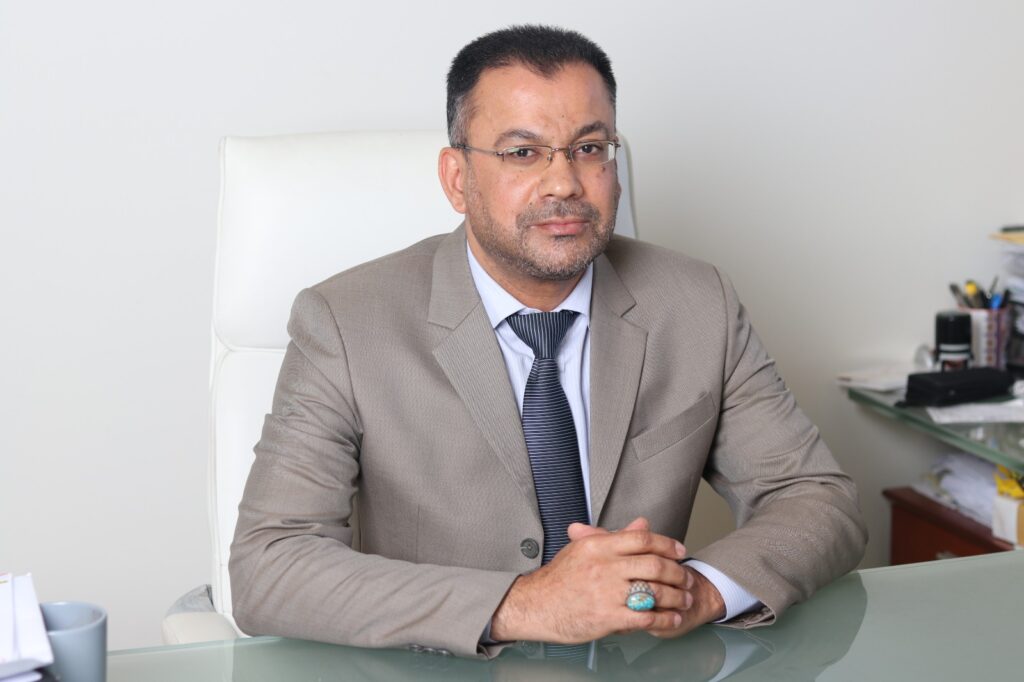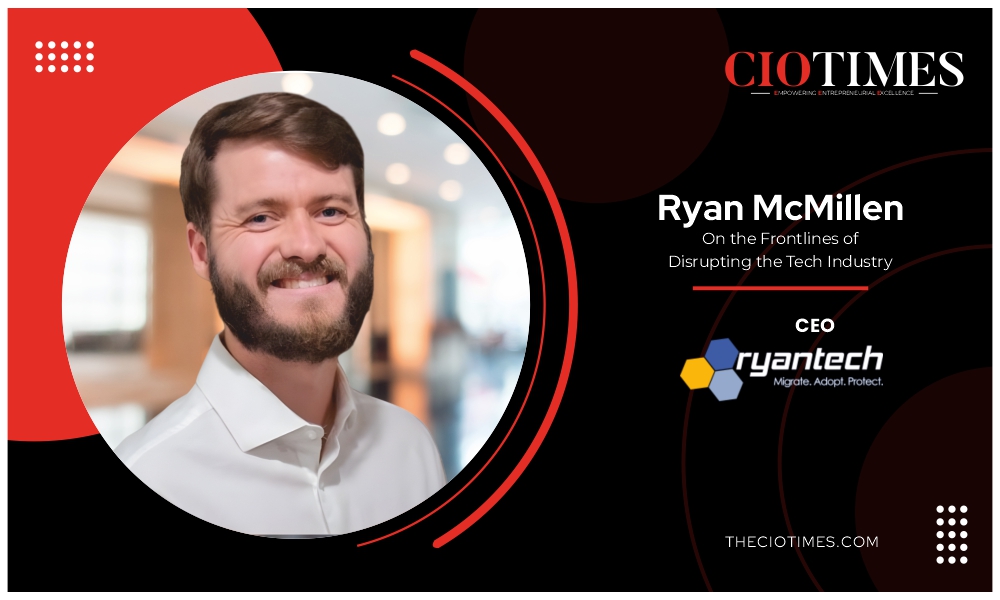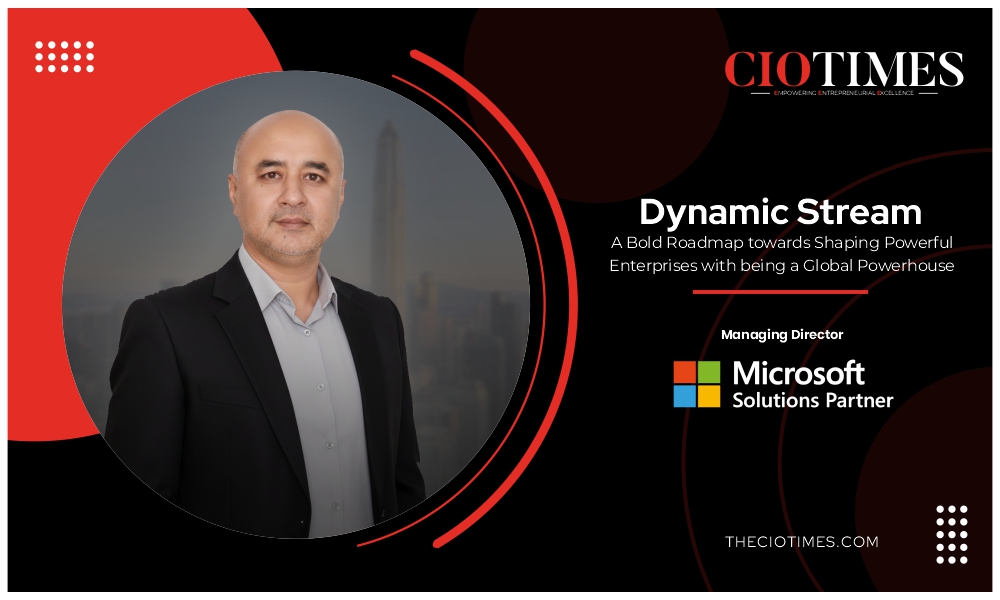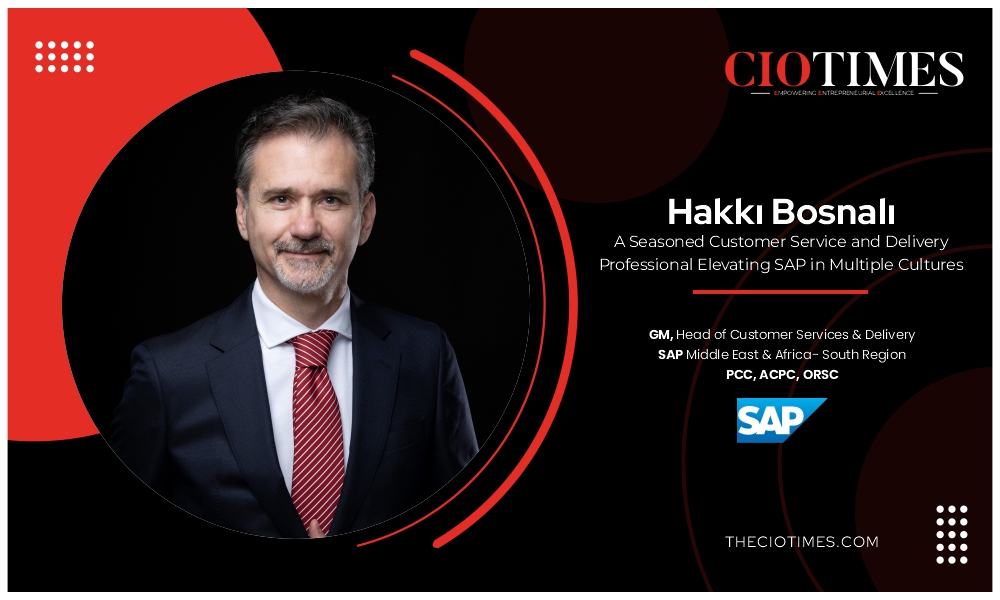The very definition of leadership has evolved substantially owing to the paradigm shift in the world of business. From conference rooms to endless video calls, the approach to being a leader has been reformed to accommodate the changing preferences of the workforce.
In such a setting, a leader who possesses empathy and compassion along with the right set of skills becomes a necessity. This edition, the Five Most Dynamic Business Leaders to Watch in 2022, brings to you exclusive insight into the world of such business leaders. On that note, featuring on the cover of this edition is Dr. Hani Hamza, the CEO of Smart Home Engineering.
Dr. Hamza is an engineer turned entrepreneur. Owning and running his own business has always appealed him. However, for a while, he has been thinking that transitioning from being and engineer to a business owner was quite a career jump. Reflecting on his path and realizing the skill sets needed to do both, he now knows there’s quite an overlap of applicable business skills that are useful in both spheres.
“If I had to describe an engineer’s role in only a few words, it would be ‘we solve problems’,” says Dr. hamza. He adds that engineers have been trained through university and experience to break down the problem, control variables, measure, test, and verify. Starting, running, and growing one’s own business is loaded with unforeseen circumstances and problems that need to be solved.
“As the owner of Smart Homes Engineering, my day may now be filled less and less with technical issues, but there are always new challenges to navigate,” adds Dr. Hamza. Having started his journey as an employee in an engineering consultancy, he learnt to deal with customers and the market needs and requirements.
With all that knowledge and experience, he started to personally deal with his own customers in his free time, designed their projects, and supervised their construction till he built a wide foundation to start his own consultancy.
Changing Definitions and Perspectives
When asked about qualities a business leader must possess, Dr. Hamza says, “The right qualities of a leader can make all the difference. To be able to listen, not hear, and communicate, not order, is what any employee would find valuable in a leader. If a business leader can establish trust with their team, employee retention, productivity, and engagement can increase significantly.”
Sharing his views on opting between micromanaging and efficient management, Dr. Hamza says, “I believe micromanagement is a skill, if done right. Not everyone can be good at it. Not everybody has the capacity to watch and control every single step of a process.”
“Bosses who stick their noses into every single detail because they have nothing smarter to do are the representative of micromanagement done wrong. But bosses who closely monitor, provide detailed guidance and corrective feedback when needed are something totally opposite,” he adds.
According to Dr. Hamza, the following are a few reasons why micromanagers can be great for teams and companies at the same time:
- They are highly involved and engaged with their teams
- They are capable of foreseeing and preventing
- They want to get the best out of people
- They can develop empathy naturally
- They know what, when and to whom they can delegate
- They can adapt their style to different characters
- They can add value to almost any given department
Bestowing the Keys to Excellence
We asked Dr. Hamza for his advice to young entrepreneurs who aspire to venture into entrepreneurship, to which he said, “I hope this advice provides some insight to fellow engineers interested in following a similar path to mine, or those just looking to learn from someone’s business trials and tribulations along the way:
Work for a small company first: learning beyond your job title
I took the long road to becoming an entrepreneur and would do it again if I had the chance. I worked for someone else and learned on their dime for more than 12 years before venturing out on my own.
I recommend finding company that is less than 100 people, but growing, and earn a salary while learning from them and challenging yourself. Get to know the owner or CEO with the goal of learning as much as you can and growing while you’re there. The CEO and company leaders at a great small business will appreciate you taking the initiative in having a greater interest in the company beyond your job title.
Also, I recommend switching job responsibilities every few years. This allows you to constantly challenge yourself and learn new skills.
Get out from behind the desk and get in front of customers: listening to people
There’s a lot of talk about being customer-centric for a reason. You will never learn as much about a business as when you listen to your customers. Don’t misunderstand, being an engineer can be very fulfilling, however, if you want to take that step from engineer to entrepreneur, you need to get out from behind the computer and in front of customers.
As an entrepreneur, part of listening to customers involves problem solving in a customer-focused way. As an engineer, you may be able to think of 100 things that should be fixed with what you’re developing, but the customer will tell you about the five things they really care about, and two of these would not be in your list of 100. I know it’s hard but forget about the rest of the 97. You’ll get to address them later down the line.
Get used to being uncomfortable: uncertainty and growth
This may be a generic life lesson and not specifically tied to being an engineer or entrepreneur, but never stop learning, innovating, and pushing yourself. As soon as you’re comfortable, move on and learn something else. Embrace being uncomfortable.
Of course, the thing that will be the most uncomfortable, should you choose this path, is to leave that regular paycheque. Let me tell you that while I was uncomfortable too, it was the best decision that I ever made, and not just because my company has had success. Leaving my regular paycheque was liberating and I very, very quickly got over being uncomfortable with that decision, because you gain back an overall sense of control you don’t have when major decisions are being made by people above you in the organization. I believe that being an entrepreneur is much less of a risk that you may think. Strangely, it was always the outside people who felt like it was some huge risk. Other than the initial leap, I never felt that.
Win often but lose early: using resources wisely and pivoting ideas
‘Win Often’ is self-explanatory, so I want to discuss ‘lose early’. Engineers don’t like to lose. Maybe no one does, but for an engineer, we are trained to never admit defeat. Maybe what we’re working on doesn’t work as well as we’d like, maybe we just need ‘one more week’, but given the opportunity most of us will work on a problem until it is solved. This is an instinct of engineers that does not translate well to a new business.
When I say, ‘lose early’, I do not mean ‘give up’. When a business is small, you have very limited resources, so cast a wide net, but do not try to close every account or deal. Sales cycles are longer than you planned, so if you do not get interest from your prospective customer quickly, ‘lose early’ and put your resources in more promising areas.
Don’t misunderstand: ‘lose early’ also does not mean ignore that customer forever. While you cannot be actively pursuing all customers, checking in once a quarter with those that were not initially interested is not a large investment in time, and could pay off in the future. You should make your case, show them what you are capable of, and leave them impressed. I cannot count the number of customers we closed years after the first encounter.
I hope that the experiences that I have shared above are helpful in your decision making. While my path is surely unique, I wanted to show moving from engineer to entrepreneur is not as big of a jump as you might imagine. You will use much of the experience you have already received, and you can use your engineering skills to figure out the rest.
I believe that you do not need an MBA to start or run a business and that the community is better off with more engineers as business owners. I hope these tips, learnings, and mistakes I’ve made will provide insights to those starting their own business, regardless of background. Whatever you choose, I hope that it will be rewarding. I know this path has been rewarding for me,” concludes Dr. Hamza.




